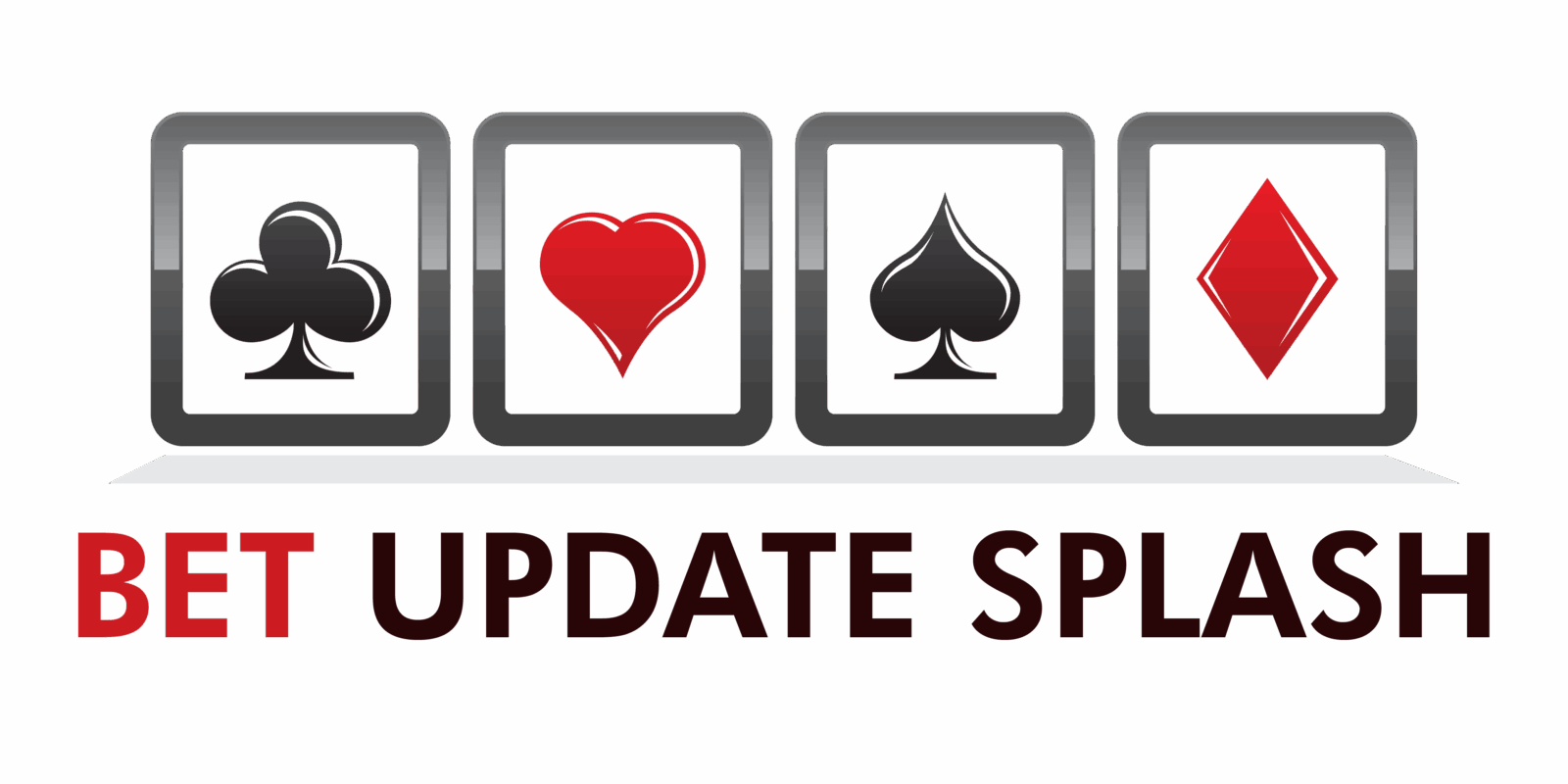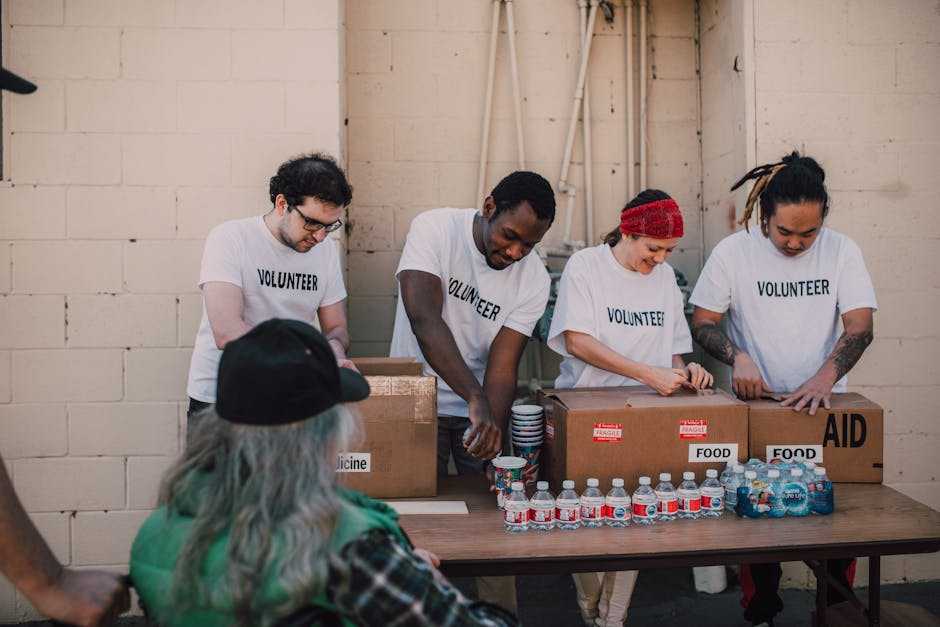Understanding the Issue
Problem gambling doesn’t start loud. It starts with a win that sparks the chase, or a loss that needs “fixing.” Over time, occasional bets become compulsive habits. For many, it’s not about the money—it’s about escape, routine, or chasing a sense of control that keeps slipping further away.
Signs of trouble show up in ways easy to miss at first. Lying about time spent gambling. Chasing losses with more money. Spending rent or grocery funds to place one more bet. Feeling restless when not gambling. Stir in denial, and it often takes a breaking point before someone realizes what’s happening.
The fallout isn’t just financial. Problem gambling drains emotional reserves—it fuels anxiety, guilt, secrecy, and shame. Relationships fracture under broken promises. Trust erodes. Jobs can suffer. The person caught in it may feel isolated and stuck, even as they keep looking for one more win to make things right.
Spotting the signs early helps. Getting honest about the costs—emotional, financial, and social—is the first step toward something better.
Immediate Steps Toward Recovery
The first move is admitting there’s a problem—and that’s the toughest part. It takes real honesty to face the truth, especially when the habit has woven itself into your daily life or started to feel like a coping mechanism. You can’t change what you won’t acknowledge, and denial only stretches out the damage.
Talking to someone breaks the silence, and that’s vital. When you keep it all bottled up, the isolation feeds the behavior. Reaching out—a friend, a family member, a counselor—cracks that cycle. You don’t need a perfect pitch; you just need to speak. Even saying, “I think I’m in over my head with this” is a start.
If that step feels too big, there are quieter paths. Self-assessment tools and online screening quizzes are available, often free and anonymous. These resources won’t give you a diagnosis, but they’re a solid mirror—helpful in spotting patterns and figuring out if it’s time to get more help. A google search for “gambling self-assessment” will show options from trusted mental health organizations. Use them.
The goal here isn’t to fix it all at once. It’s to start. And starting means looking at the problem honestly and letting someone else in, even a little.
Accessing Professional Help
When someone’s ready to take the leap into making a change, professional help can make all the difference. Certified gambling counselors are trained specifically to identify patterns, triggers, and underlying issues tied to gambling behavior. They don’t just offer sympathy—they provide structure, accountability, and strategies that shift behavior over time. Many are also equipped to address co-occurring issues like anxiety, depression, or substance use, which often ride shotgun with gambling problems.
There are two main treatment routes: inpatient and outpatient. Inpatient programs are more immersive—residential stays where the person can disconnect from gambling triggers entirely and focus on recovery in a controlled environment. These are best suited for people with severe addiction or those in crisis. Outpatient programs offer more flexibility. They allow individuals to stay at home, keep working, and attend regular therapy sessions several times a week. Both work well, depending on the person’s situation, commitment, and support system.
As for what actually happens in therapy—the strongest results tend to come from evidence-based practices like Cognitive Behavioral Therapy (CBT) and Motivational Interviewing. CBT helps people recognize thought patterns that drive compulsive betting and teaches them how to interrupt those cycles. Motivational Interviewing, on the other hand, meets people where they are—building internal motivation without pushing or lecturing. The goal isn’t just to stop gambling; it’s to understand the why behind it, and to reclaim control piece by piece.
Free and Confidential Helplines
When you’re in over your head, knowing where to turn can be the difference between staying stuck and getting help. There are 24/7 national and local support lines specifically for people struggling with gambling. These services are free, confidential, and run by trained professionals who actually understand the problem—not just read about it. You don’t need to be in full crisis to call. You might just need to talk. That’s enough.
Here’s what to expect: No lectures. No shaming. Just a calm voice on the other end who’ll ask a few questions to understand your situation and guide you to the next step. That could mean a local referral, a counselor introduction, or just being heard—without pressure.
If talking out loud feels too hard, there are also text and live chat options. These let you reach out discreetly, day or night. They work well for people who aren’t ready to share everything but know they need some kind of contact. It doesn’t have to be perfect. You just have to start.
Real support exists. You don’t have to power through this on your own.
Community-Based Resources
Recovery gets a little easier when you’re not doing it alone. Community-based resources offer connection, accountability, and shared experience—especially when things feel heavy.
Gamblers Anonymous (GA) is one of the most widespread and accessible support options out there. It’s modeled after Alcoholics Anonymous and built on a 12-step program. Meetings are free, anonymous, and peer-led. That last part matters—it’s not therapy, it’s people who’ve been there. GA focuses on honesty, structure, and taking things one day at a time. Meetings exist across most towns and cities, and virtual options are growing too. You show up, you listen, you share if you want. No pressure, but the consistency helps.
Support doesn’t stop with the gambler. Family and friends can attend Gam-Anon or other peer-led groups designed to help them cope. These meetings create space to process stress, regain boundaries, and understand the dynamics of addiction without judgment. It isn’t easy watching someone you love struggle—but having a group around you that gets it can shift that weight.
Then there’s the digital front. Online forums, subreddit communities, and chat-based recovery platforms have become vital spaces for ongoing connection. These platforms allow anonymity and 24/7 availability. Ideal for people who might not feel comfortable in a group room right away—or who just need a lifeline in the middle of the night. It’s not perfect, but it’s progress. And in recovery, progress beats silence every time.
Digital Tools and Self-Help Options
Technology can be a powerful ally in the recovery process. From limiting access to gambling apps to tracking daily habits, there are a range of digital tools designed to support individuals in regaining control.
Limiting Gambling Access with Blocking Software
One of the most effective first steps is removing the temptation. Blocking tools make it harder to access gambling-related websites and apps.
- Gamban: Blocks access to thousands of gambling platforms across devices.
- BetBlocker: Free software that works on multiple platforms, allowing users to set restriction periods.
- GamBlock: A paid option with robust filtering and compatibility for families and organizations.
These tools don’t guarantee abstinence, but they add a layer of friction that can reduce impulse activity.
Tracking Progress with Journaling and Habit Apps
Building self-awareness is key to understanding triggers and patterns. Digital journaling and habit tracking apps offer structure and clarity to what often feels chaotic.
- Daylio or Journey: Let you record thoughts and moods without needing to write full journal entries.
- Habitica: Turns behavior change into a reward-based game, motivating daily action.
- Moodpath: Helps identify emotional triggers linked to gambling urges.
These resources empower users to step back, reflect, and adjust their behavior over time.
Mindfulness and Mental Fitness Apps
Mindfulness techniques can reduce cravings and promote emotional balance.
- Headspace and Calm: Guided meditations, breathing exercises, and body scans help ease anxiety or stress that may prompt gambling activity.
- Insight Timer: A free alternative with a large library of content for grounding and mental clarity.
Consistent mindfulness practice builds resilience and improves emotional regulation, both key in long-term recovery.
Small Limits, Big Change
Even small boundaries can shift gambling behavior in meaningful ways. Setting limits helps individuals slow down and evaluate decisions before acting.
- Set a weekly budget dedicated to essentials before anything else
- Use alarms or app timers to limit online or mobile use time
- Automate bills so gambling can’t interfere with financial obligations
These incremental strategies aren’t a cure—but they lay critical groundwork for lasting change.
(Related reading: Setting Limits: How to Gamble Responsibly)
Helping Someone You Care About
When someone you love is stuck in a pattern of gambling, stepping in feels necessary—but how you do it can make or break the outcome. Start by setting aside blame. You’re not there to diagnose, accuse, or fix. You’re there to talk, to show genuine concern, and to listen more than you speak. Use specifics: “I’ve noticed you’ve been avoiding bills lately” hits different than “You’ve got a gambling problem.”
Boundaries matter, both for their recovery and your own sanity. It’s okay—necessary, even—to say no to lending money or co-signing anything. Protect joint accounts. Remove access to shared funds. You’re not being cruel. You’re making space for accountability.
If things start spiraling—missed work, large debts, total denial—it’s time for outside help. Professional counselors, support groups, even interventionists can bring structure where emotions run high. Suggest it gently; offer to help find the resources. And remember: change comes in steps, not ultimatums.
Final Takeaway
There isn’t a magic switch that turns off a gambling problem. Recovery takes time, grit, and a willingness to change—not just behavior, but mindset. The good news? Support exists, and it does work. Thousands of people have turned things around using the same tools and networks that are available right now.
This journey doesn’t have to be solo. From anonymous helplines to peer groups and trained therapists, real support is out there. The key is starting—making a call, showing up to a meeting, talking honestly with someone you trust. Those small first steps make a big difference.
People do recover. Lives stabilize. Families heal. But it happens with support, structure, and patience. You don’t need to have all the answers—you just need to decide you’re ready to look for them. Help is real. You’re not alone.


 Shawn Sanderselers, co-founder of BetUpdateSplash brings sharp analytical skills and a deep passion for sports data to the platform. With a strong background in sports tech and betting insights, Shawn focuses on delivering real-time updates and innovative prediction tools that enhance the user experience. His expertise ensures readers get accurate, data-driven perspectives on every game.
Shawn Sanderselers, co-founder of BetUpdateSplash brings sharp analytical skills and a deep passion for sports data to the platform. With a strong background in sports tech and betting insights, Shawn focuses on delivering real-time updates and innovative prediction tools that enhance the user experience. His expertise ensures readers get accurate, data-driven perspectives on every game.

